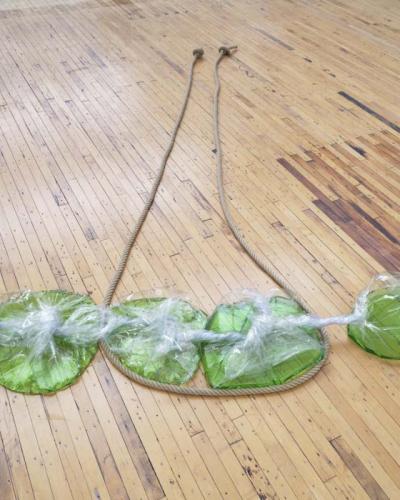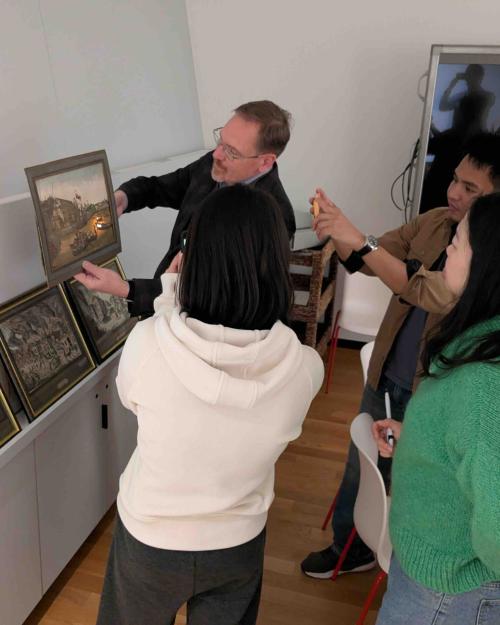The murder of George Floyd by police in Minneapolis is only the most recent example of the state violence and structural subordination that Black people face in the United States, a violence and a subordination also confronted in unique ways by indigenous communities, and people of color. Cornell University has a particular responsibility to confront its own history in relation to this painful legacy, located as it is on the traditional homelands of the Gayogo̱hó꞉nǫʼ(Cayuga Nation), one of the six nations of the Haudenosaunee confederacy. As faculty and staff at the Department of History of Art, we condemn all acts of racism, discrimination, and violence and stand in solidarity with the protests and with our colleagues in a number of allied departments and units across Cornell University whose recent statements we second and amplify.
The recent events also inspire us to apply ourselves with greater urgency and creativity to addressing inequalities in research and teaching. Universities have a basic responsibility to question—unflinchingly and with rigor—the political and economic processes that naturalize the dismissability of certain people and the disposability of certain lives, lives that can be taken, maimed, or appropriated with impunity. We therefore call on our university to further commit to these educational imperatives and to lead the way—through its hiring, curriculum, and institutional investment—in a genuine study of such enduring features of the national and international condition.
Image: David Hammons, Untitled (Flag), 2017. [Image courtesy of David Hammons]





![Image of David Hammons, Untitled (Flag), 2017. [Image courtesy of David Hammons]](/sites/default/files/styles/portrait/public/field/image/David%20Hammons%20Last%20draft.jpg?itok=s31Q1kyy)